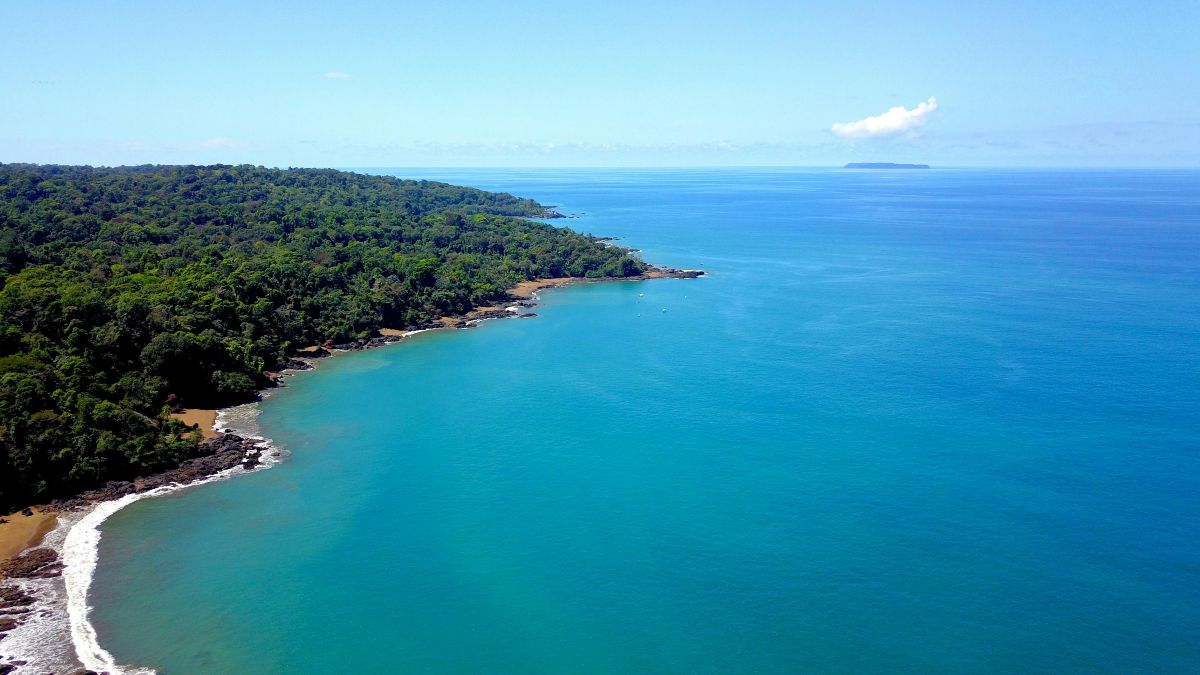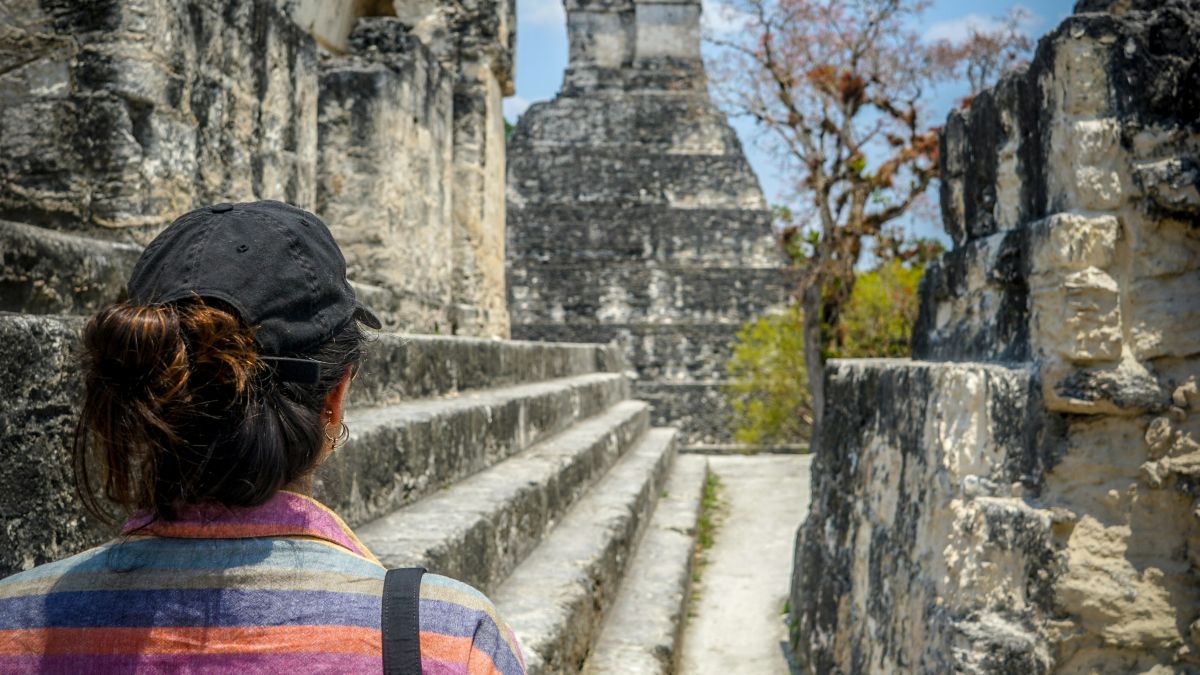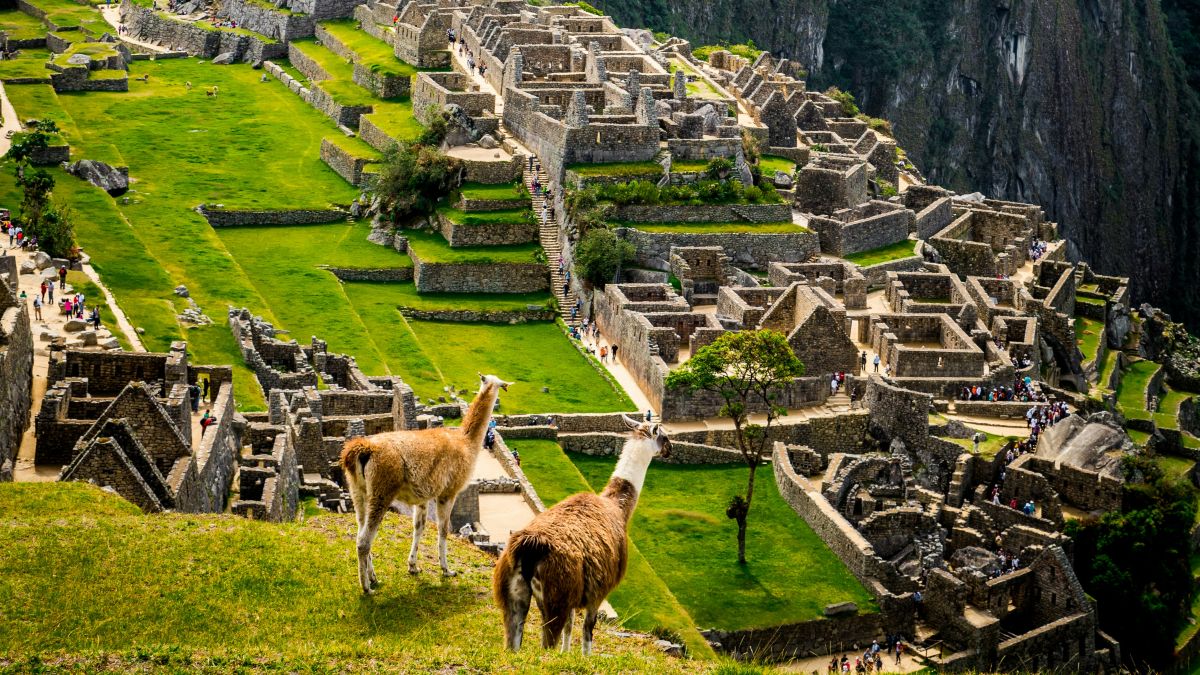Most – but not all – Costa Rica Covid restrictions will disappear in March and April, as the Central American country prepares for post-pandemic life.
Today, the government of Costa Rica announced it will start phasing out most Covid restrictions in March, for a return to pre-pandemic normality by April.
And yes – this includes the controversial QR code system they’ve been trying to put in place since last year.
Most current restrictions will remain in place until March 7, when Costa Rica’s vehicular restrictions will go away, allowing anyone to be out on the road whenever they want, as per pre-pandemic.
So, until March 7, businesses will have to close by midnight, but after that, they can open whenever they want.
During March, even though the driving restrictions will be gone after the 7th, businesses must still operate at 50% capacity, if they’re not adopting the QR code to allow full capacity.
Les compartimos las medidas contra COVID-19 anunciadas esta tarde en conferencia de prensa. Pueden encontrar más información en: https://t.co/Itsc2V8AWr pic.twitter.com/crFZW3Z3Ul
— Casa Presidencial 🇨🇷 (@presidenciacr) February 23, 2022
But – and this is a BIG but – from April 1, the government will drop the entire QR code idea and allow any businesses to allow anyone in whether they’re vaccinated or not. Yes, that’s right – the QR code is going away!
This will apply across the board – shops, bars, sports events, restaurants, and so on. Everything back to normal, with full capacities, no vaccine discrimination, and closing when they like. It won’t be completely normal, though. Current mask mandates will continue for the time being, plus the use of hand washing stations when entering businesses.
The plan to segregate unvaccinated people from the vaccinated, by not allowing them into most businesses was blocked in court last November. Since then, the government has been trying to put it in place, but dropping Covid numbers and the fact that they’re out of office in May has, we imagine, made them see sense.
Both remaining presidential candidates have already come out against the QR code plan as it stands, too. So in reality, the whole thing has been dead for a while.
The news has gone down well with businesses in Costa Rica. Speaking to CR Hoy, Arturo Rosabal, the Vice President of the Chamber of Commerce said the abandonment of the QR code “excellent news for the commercial sector and for thousands of families in Costa Rica.”
Comerciantes aplauden fin de la restricción y al uso del código QR – https://t.co/bSUGq9g2pV
— CRHoy.com (@crhoycom) February 23, 2022
Travelers entering Costa Rica will also see a relaxation of protocols.
From March 7, Costa Rican citizens and legal residents will no longer need to fill in the required health pass to enter Costa Rica. Tourists entering the country will have to fill it in throughout March, but not after April 1.
The health pass has been on a kind of hiatus for a few weeks now, as authorities stopped checking them to speed up the immigration process at the airport. But travelers still had to fill it in, even if it wasn’t checked. This month, that goes away.
Also, from April 1, unvaccinated travelers will no longer need to buy health insurance to enter Costa Rica. This makes Costa Rica open for all again, with no restrictions or different rules depending on vaccination status.
The latest entry requirements and restrictions for Central America, updated to include the mandatory insurance required to enter Belize. How do the countries of Central America compare with each other for ease of entry for tourists right now?https://t.co/ws988F8Jv6
— Central America Living (@VidaAmerica) February 17, 2022
Costa Ricans have been expecting some sort of announcement about ending Covid restrictions for a while.
Last week, President Alvarado spoke of his plans to end restrictions before he leaves office in May.
The announcements today are the latest in a series of similar moves around Central America to ease up on restrictions, as cases, hospitalizations, and deaths continue to drop around the region. Costa Rica also has the highest rate of vaccination in Central America, with over 80% of people partially or fully-vaccinated.
Last week, Panama rolled back its plan to recognize only the triple-jabbed as “fully-vaccinated”, and El Salvador has already dropped all its Covid restrictions. Elsewhere around the world, especially in Europe, many countries are doing the same.



